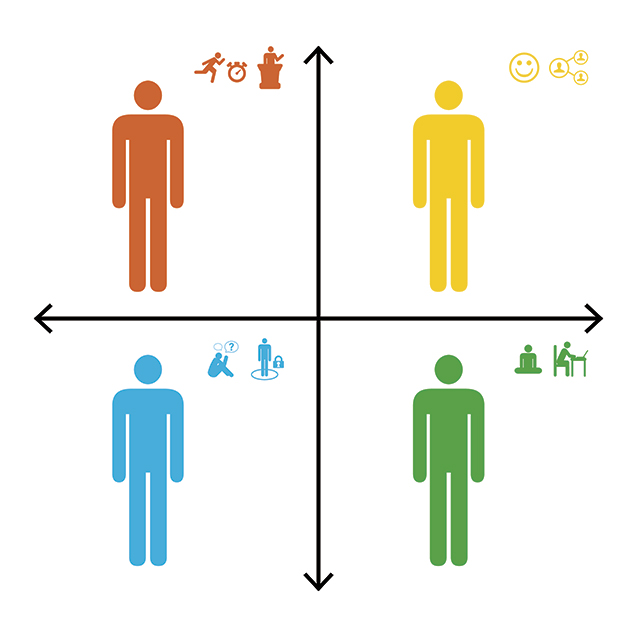Self-esteem is a crucial aspect of an individual’s psychological well-being and plays a significant role in shaping one’s thoughts, emotions, and behaviors. To measure and assess self-esteem, various tools and inventories have been developed, and one such widely used instrument is the Coopersmith Self-Esteem Inventory (CSEI). Developed by Stanley Coopersmith, this inventory has been instrumental in understanding and evaluating self-esteem across diverse populations. In this article, we’ll delve into the key features, development, and applications of the Coopersmith Self-Esteem Inventory.
Background:
Stanley Coopersmith, a renowned psychologist, developed the Coopersmith Self-Esteem Inventory in the 1960s. His primary goal was to create a reliable and valid tool for assessing self-esteem in individuals across different age groups. The CSEI was designed to measure self-esteem based on two main components: self and others. These components reflect an individual’s perception of their own worth and the perceived worth assigned to them by others.
Key Features of the Coopersmith Self-Esteem Inventory:
- Age-Appropriate Versions:
- The inventory is available in different versions tailored to specific age groups, making it applicable for use in children, adolescents, and adults. Each version consists of items and language suitable for the cognitive and emotional development of the target age group.
- Two Main Scales:
- The CSEI comprises two main scales: the Self scale and the Other scale. The Self scale measures an individual’s self-perception, while the Other scale assesses the perceived external validation from others. The combination of these scales provides a comprehensive understanding of an individual’s self-esteem.
- Structured Format:
- The inventory is structured in a questionnaire format, with respondents providing ratings or responses to various statements. These statements cover a range of behaviors, thoughts, and feelings related to self-esteem.
- Psychometric Properties:
- The Coopersmith Self-Esteem Inventory has demonstrated good reliability and validity in numerous studies. It has been widely used in both clinical and research settings, attesting to its effectiveness in assessing self-esteem.
Applications of the Coopersmith Self-Esteem Inventory:
- Clinical Assessment:
- Mental health professionals use the CSEI as part of clinical assessments to understand an individual’s self-esteem and tailor interventions accordingly. It can be a valuable tool in therapy and counseling settings.
- Educational Settings:
- In educational contexts, the CSEI is employed to assess students’ self-esteem, identify potential issues, and implement interventions to enhance self-worth and confidence. It can inform educational strategies aimed at fostering a positive learning environment.
- Research Studies:
- Researchers use the Coopersmith Self-Esteem Inventory in studies exploring the relationship between self-esteem and various factors such as academic achievement, mental health, and social interactions. It serves as a standardized measure for comparing self-esteem across different populations.
Conclusion:
The Coopersmith Self-Esteem Inventory stands as a valuable tool in the field of psychology, contributing to our understanding of self-esteem across diverse populations and age groups. Its structured format, reliability, and versatility make it a preferred choice for clinicians, educators, and researchers seeking to assess and intervene in matters related to self-esteem. As our understanding of mental health continues to evolve, the CSEI remains a relevant and effective instrument for gauging and addressing the complex dynamics of self-esteem.
Coopersmith Self-Esteem Inventory – TEST

